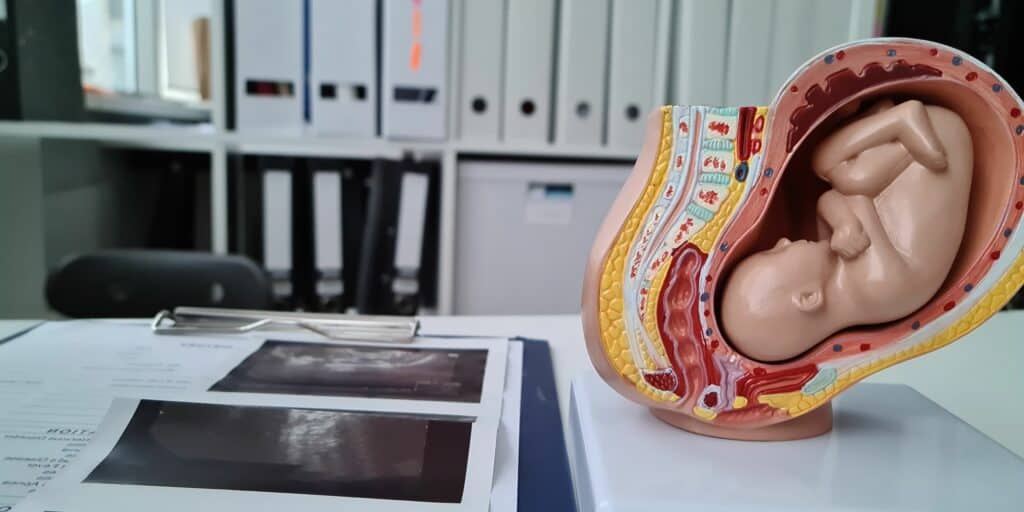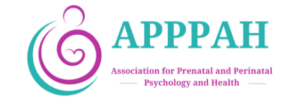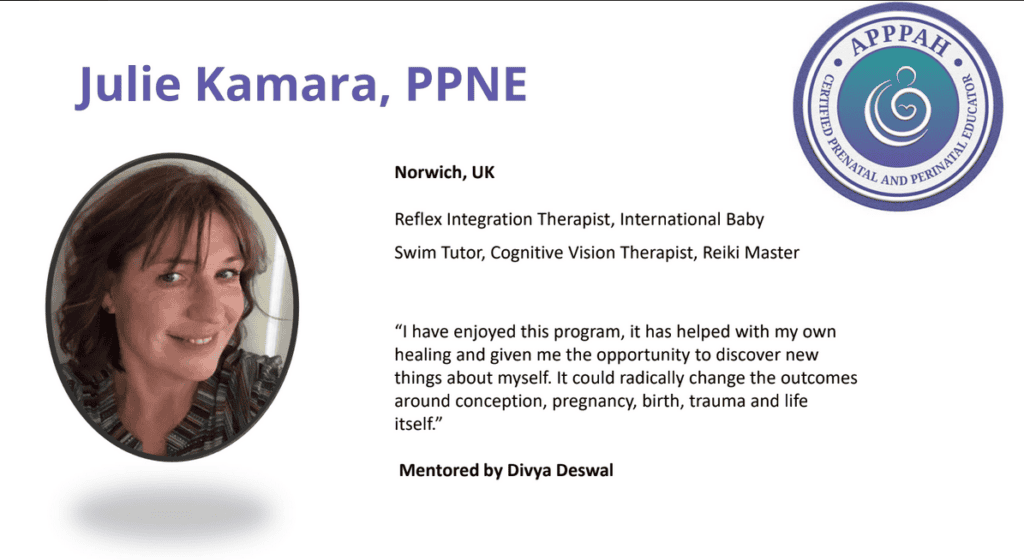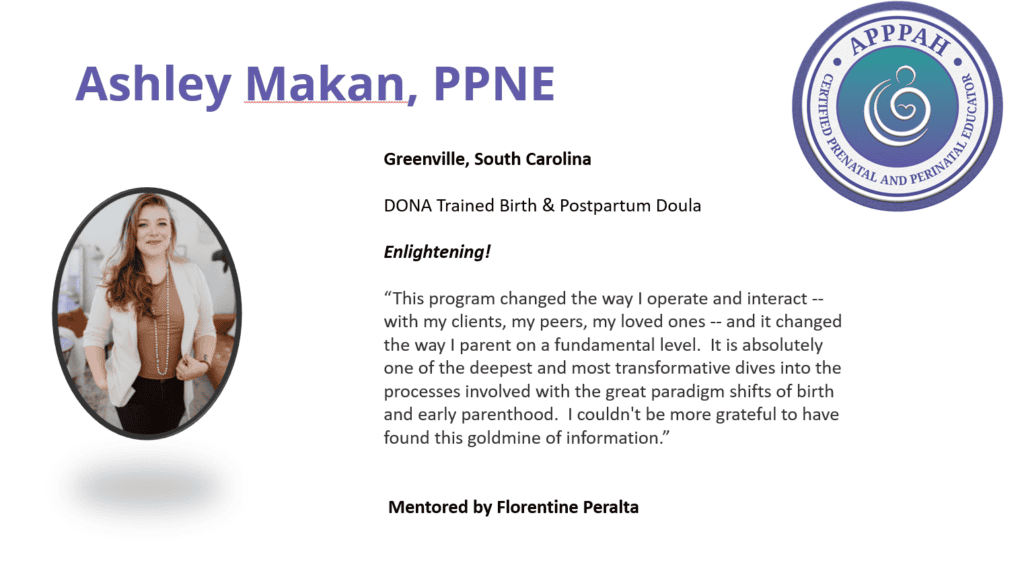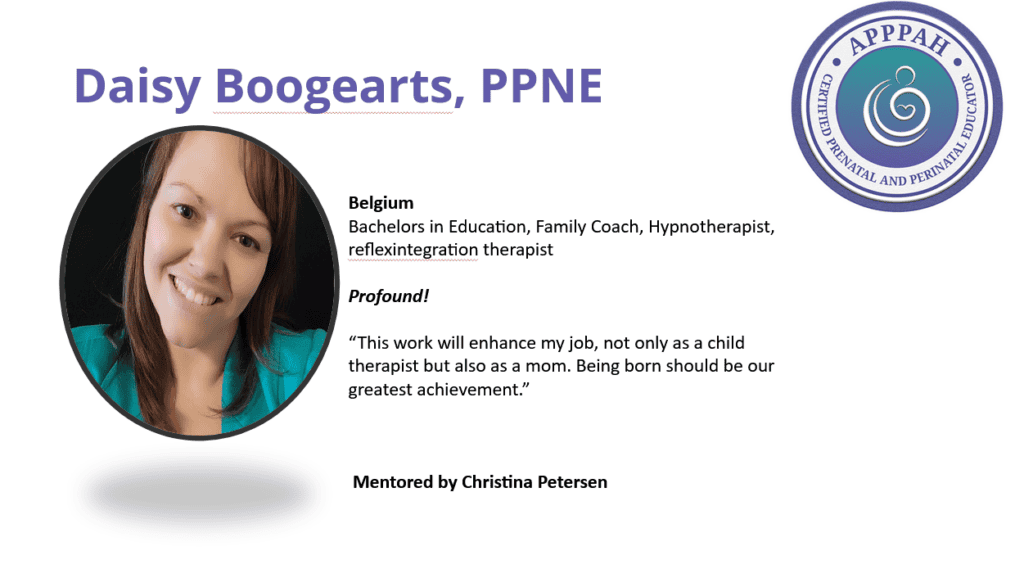Why Should You Enroll in PPNE?
The PPNE program is like no other program in the world!
You’ll gain a comprehensive education in birth psychology, neuroscience, and epigenetics, which will empower you to support families during prenatal and perinatal stages.
The program provides valuable networking opportunities, connecting you with a community of like-minded professionals and mentors dedicated to enhancing prenatal and perinatal care. Through somatic practices and emotional support skills, you’ll experience personal growth, enabling you to make a meaningful impact on families’ lives.
Access to multicultural insights and cutting-edge research enriches your practice, fostering a global perspective on nurturing human potential from the earliest stages of life. Join us in transforming birth experiences and nurturing healthy beginnings—enroll in the PPNE program today!
Course Highlights:
⭐ 12 Modules based on the 12 Guiding Principles of Birth Psychology by Dr. Wendy Anne McCarty and Dr. Marti Glenn
⭐ 180+ Contact Hours
⭐ Personal Mentorship from experienced birth psychology practitioners
⭐ Somatic Practices for autonomic nervous system regulation
⭐ Self-Reflective Exercises to practice embodiment skills
⭐ Digital Library with required reading materials
⭐ Monthly Facilitated Meet-up Groups
⭐ Year-Long Enrollment in APPPAH’s Premier Membership Program
⭐ Student Discounts on APPPAH courses and programs
⭐ Cutting-edge Science in consciousness studies
⭐ Multicultural Perspectives and global insights
Modules are available for individual purchase; however, certification in PPNE is only granted when all modules are completed.
**Save $800 when purchasing the complete PPNE Program





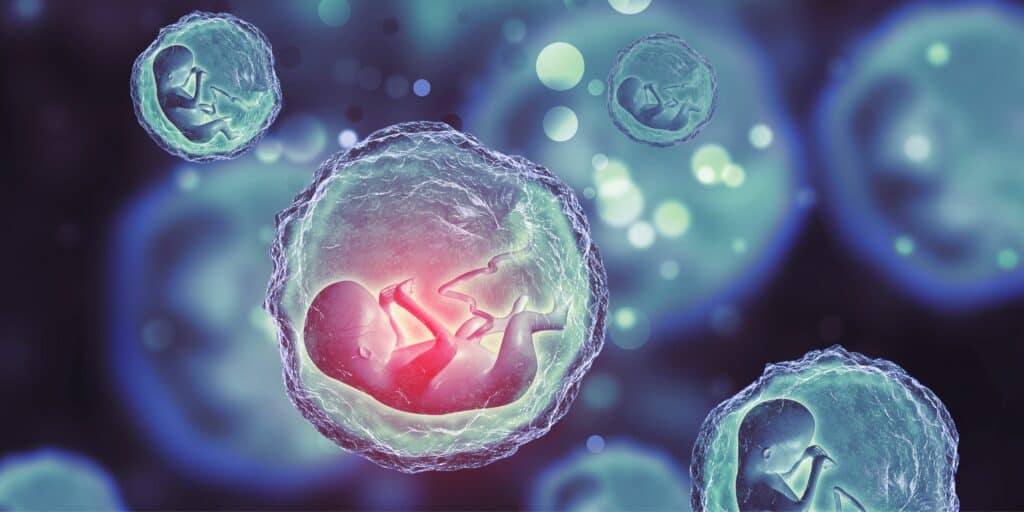


Module 8: Prenatal Bonding & Attachment
Respecting and optimizing the bond between mother and baby and the mother-baby interconnectedness during pregnancy, birth, and infancy is of highest priority. This module explores the science of nurture and methods of compassionate birth practices that can be implemented in birthing environments to create optimal conditions for protecting and nurturing the sacredness of mother-baby bond, the most inalienable of all human rights.
